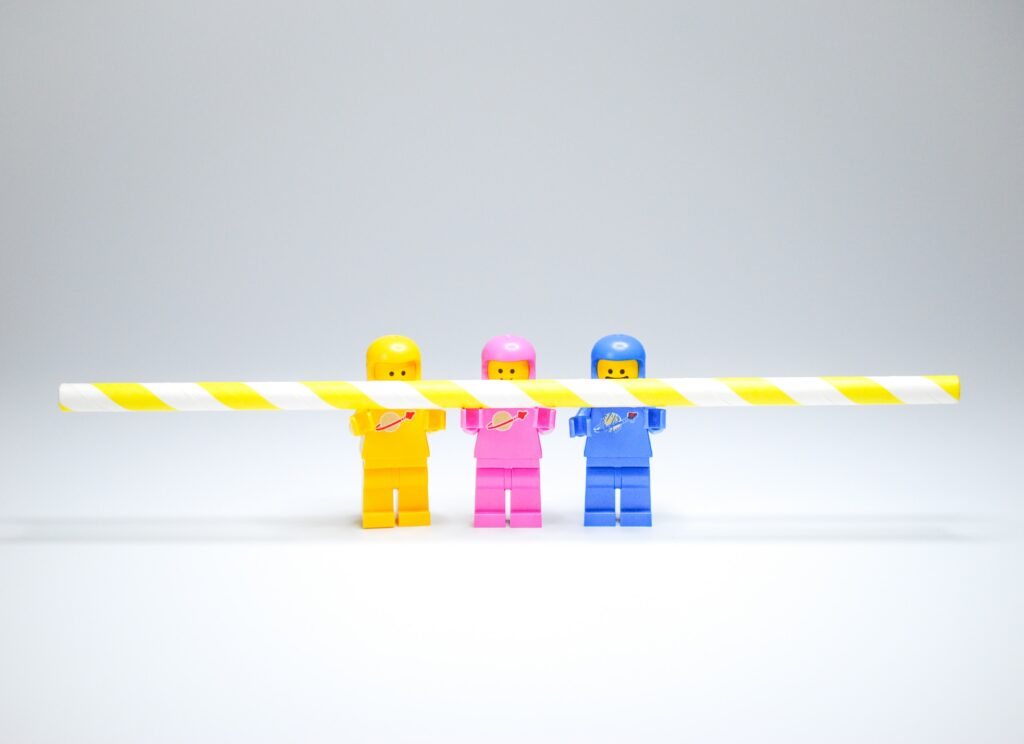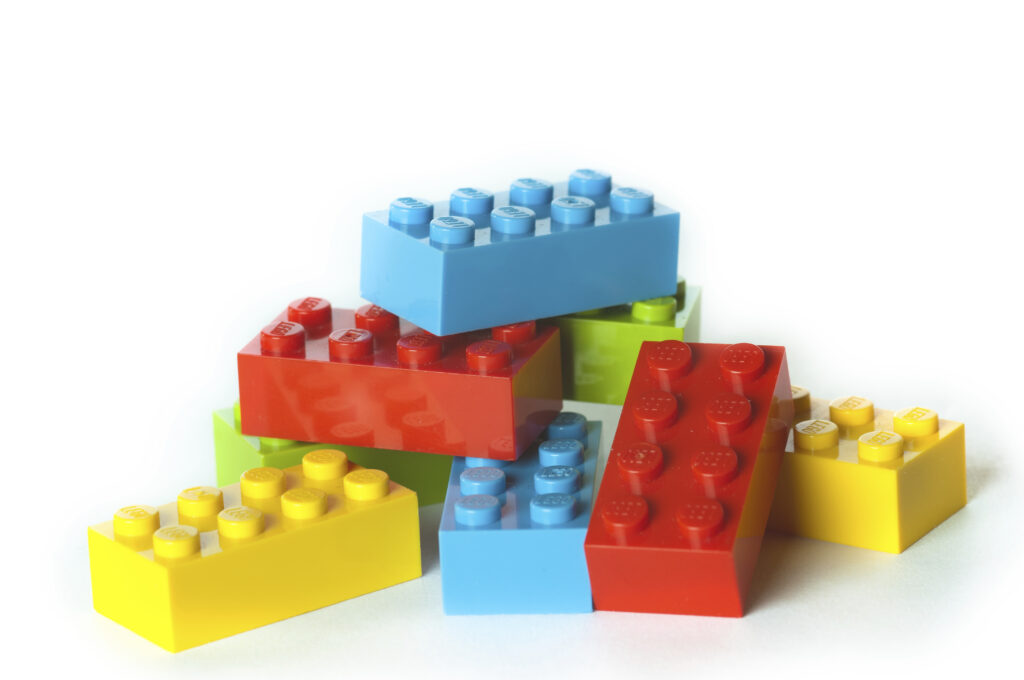Social impact
Christiansen cares deeply about social and environmental issues and has helped Lego advance its corporate responsibility initiatives.

ORGL-5005: Influential Organizational Leader Profile
Research Project by Angela Baker
Christiansen cares deeply about social and environmental issues and has helped Lego advance its corporate responsibility initiatives.

If you review the lego.com company blog, you will see many posts with the hashtag “responsibility.” That’s because Christiansen and the entire Lego community takes seriously the need to be more socially and environmentally responsible. In 2020, Christiansen announced plans to invest 400 million dollars over 3 years to accelerate its sustainability and social responsibility efforts (The Lego Group, 2020b). He included plans to phase out single-use plastic bags, use energy from renewable sources, and explore more sustainable plastics. And at a time when consumers increasingly expect companies to be more socially and environmentally responsible, Lego seems ahead of the curve.
Lego ranked first in the 2019 Global RepTrack survey by the Reputation Institute, the world’s leading reputation data and insights company (Barbagallo, 2019). The study calibrated the perceptions of more than 140 companies on the merits of corporate responsibility. They beat Microsoft and Google who landed in second and third place, respectively. Historically, Danish companies have a closer and more symbiotic relationship with the surrounding society, particularly when compared with American companies (Nordic Council of Ministers et al., 2018). They take great care to maintain stakeholder and community relationships. This may be a contributing factor for why Christiansen cares so deeply about Lego’s impact on future generations.
According to Stephen Hahn-Griffiths of the Reputation Institute, Lego’s strong reputation for corporate social responsibility and ethical behavior is partly because of the tone set by executive leadership. “The CEO is the lightning rod for how a company is viewed and needs to take a stand on things that matter” (LexisNexis, 2019). Given that Christiansen cares so deeply about social and environmental issues himself, it is of no surprise that he’s helped Lego advance its corporate responsibility initiatives. “As a provider of play experiences, we must ensure that our behaviour and actions are responsible towards all children, and towards our stakeholders, society and the environment,” Christiansen says in a 2019 interview (Hall, 2019). “We are committed to continue earning the trust our stakeholders and customers place in us, and we are always inspired by children to be the best we can be”.
In the Lego Group Responsibility Report of 2017, Christiansen highlighted many initiatives he was proud of (The Lego Group, 2018). Examples included their partnership with UNICEF on children’s rights and safety issues, and the “Lego Life” launch, which is a social network for children where they can collaborate safely online. The 19-page report contains many other examples of Lego’s lasting impact.
Although Christiansen does not have a robust social media presence, he used LinkedIn to advocate for many of these initiatives. For example, in response to the recent crisis in Afghanistan and Haiti, Christiansen announced their pledge of $15.7 million to the UN Refugee Agency to support the needs of vulnerable children in both countries (Christiansen, 2021d). He also shared his excitement on LinkedIn about the company’s “Everything is Awesome” set (Christiansen, 2021c). The vibrantly designed set in a rainbow of colors celebrates diversity and inclusion, in particular of the LGBTQIA+ community, and comes at a time when social justice issues are at the forefront.
As a result of his cumulative efforts to advance sustainability and social responsibility initiatives at Lego, Christiansen received the 2021 Concordia Leadership Award (Concordia, 2021a). Concordia provides these awards to leaders who inspire others through their ability to turn vision into impact and who create lasting and positive change in people’s lives. Upon accepting this award, Christiansen reflects on the challenges faced by children today – from the pandemic to poverty, and even climate change – and the importance of partnerships to create the collective change needed to build a better future for children (Concordia, 2021b). The award is a wonderful tribute to his accomplishments.
